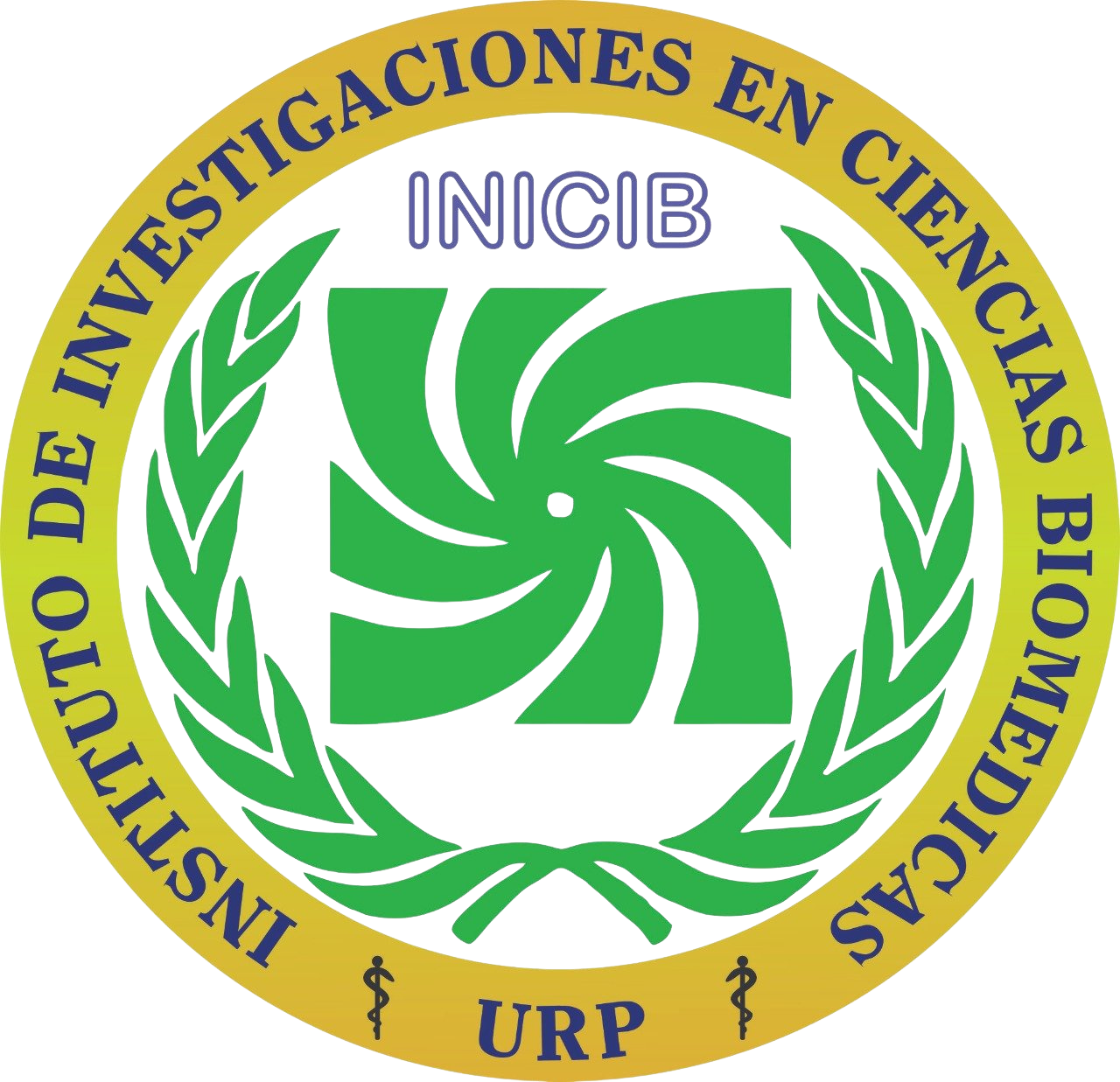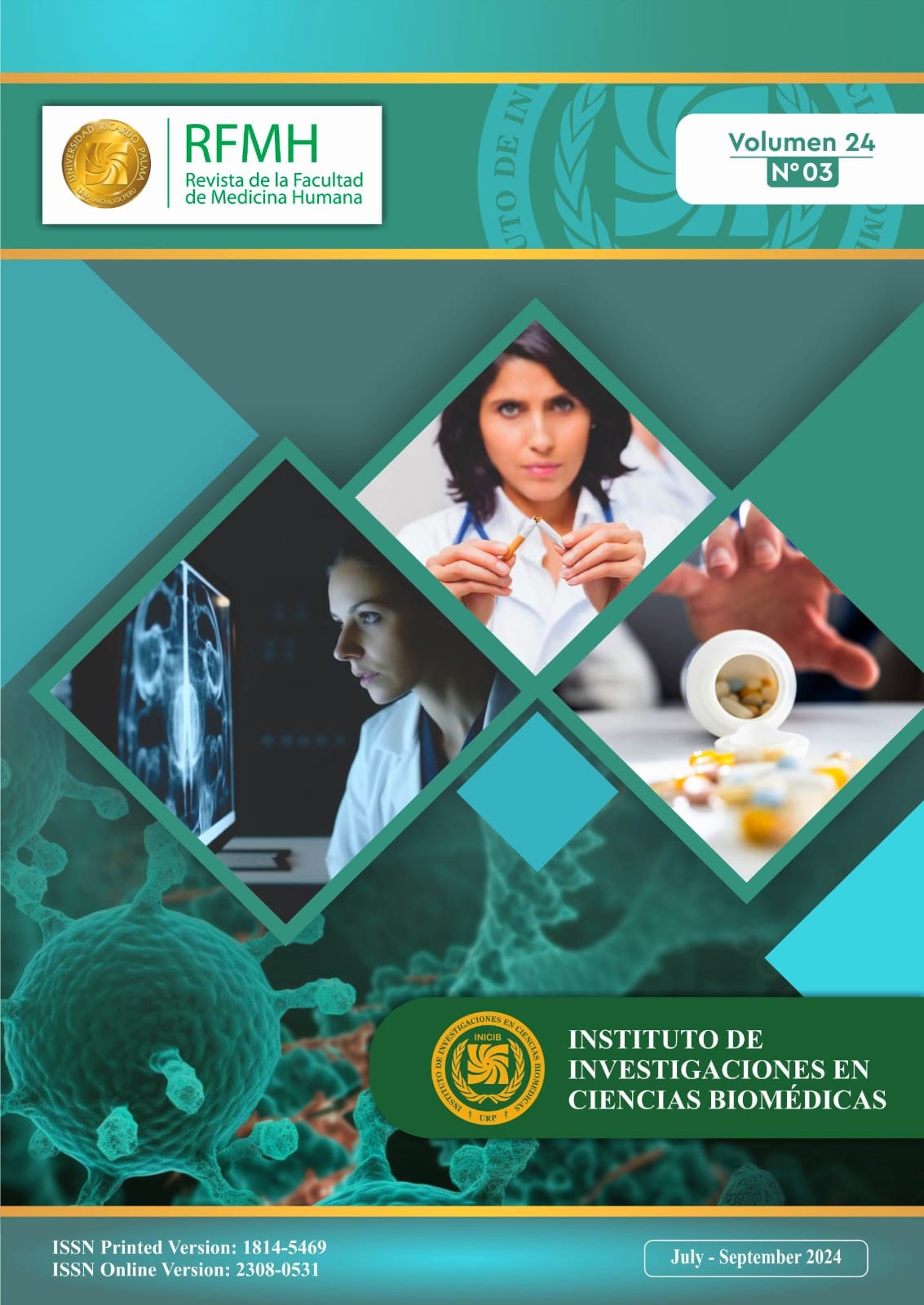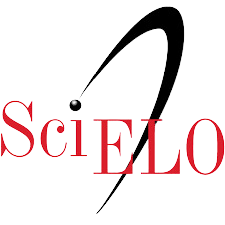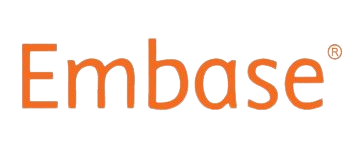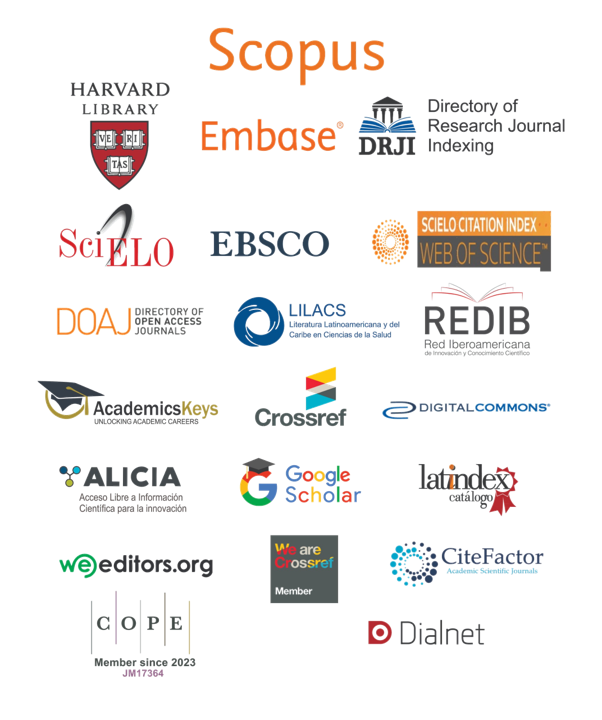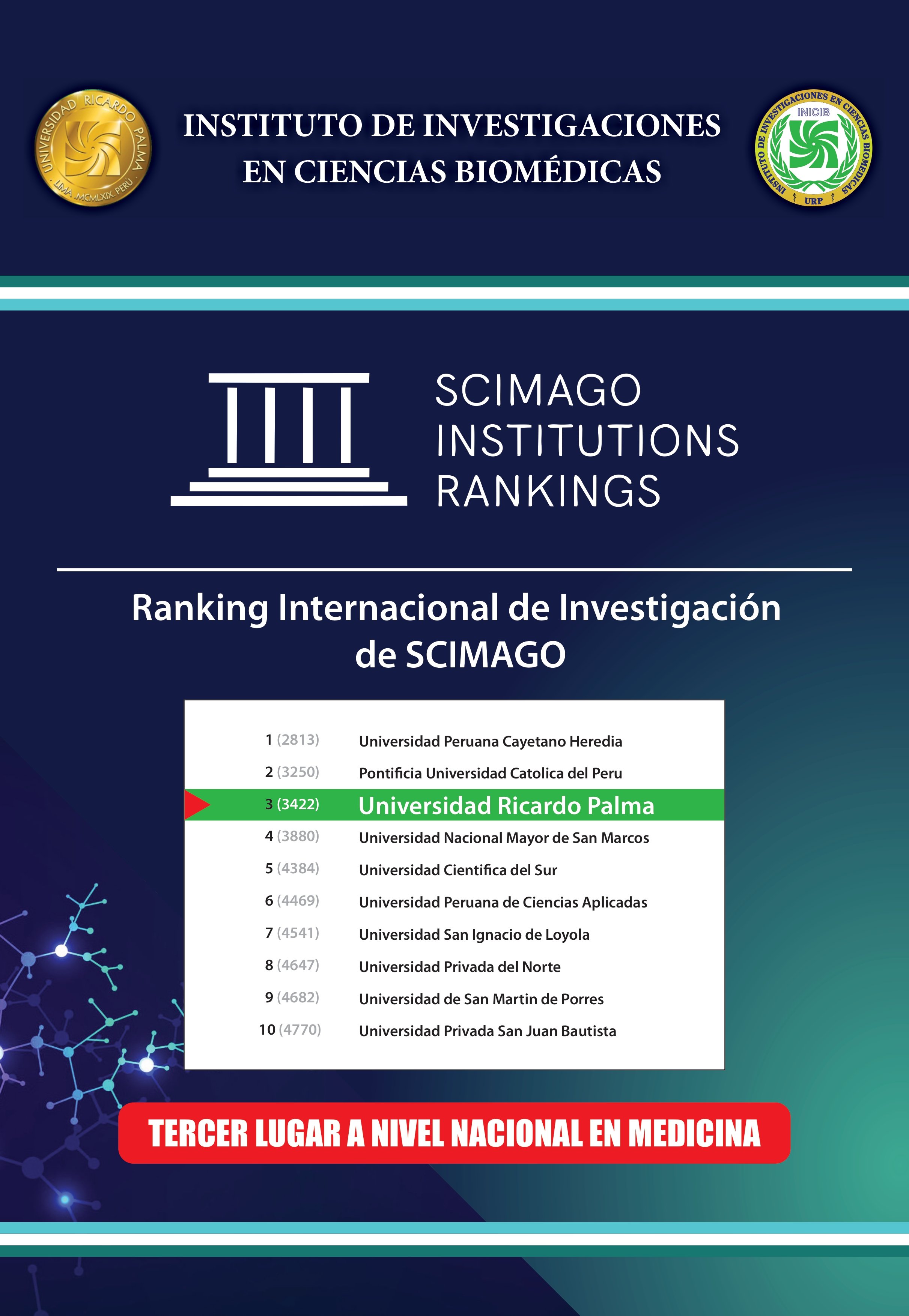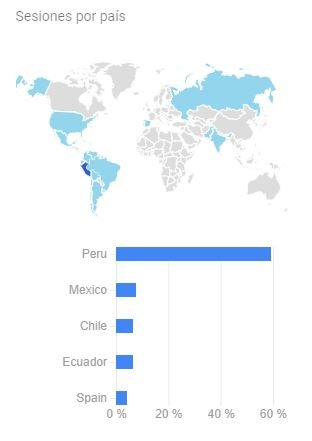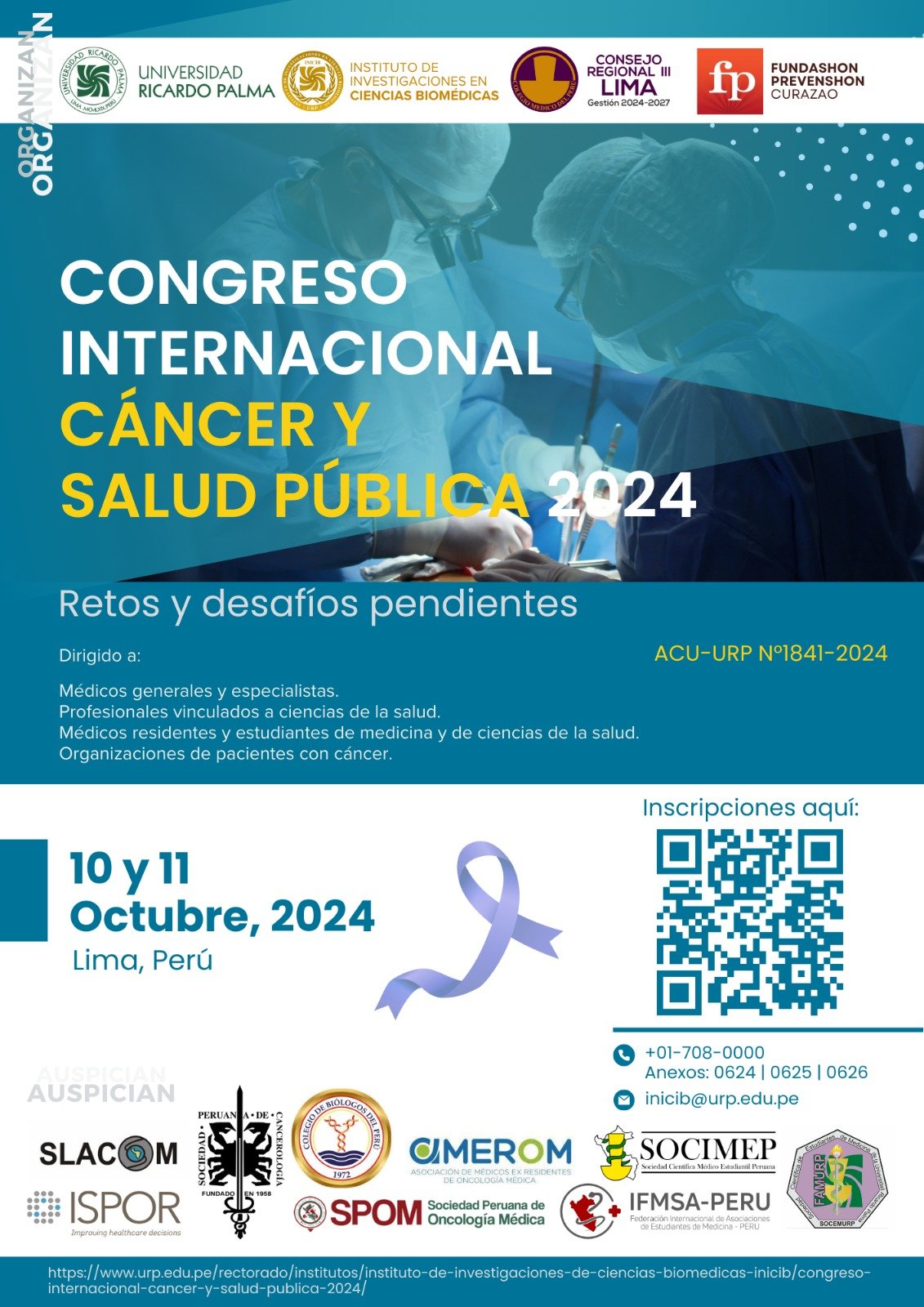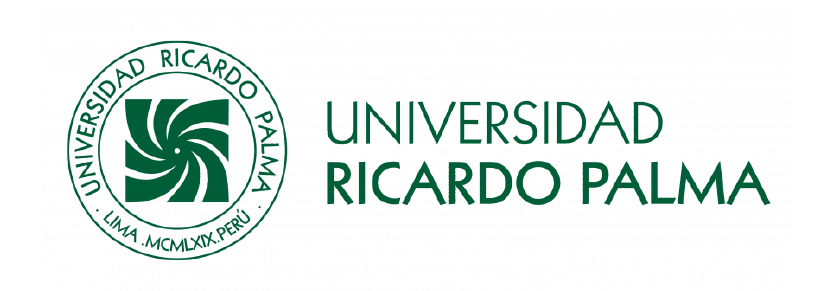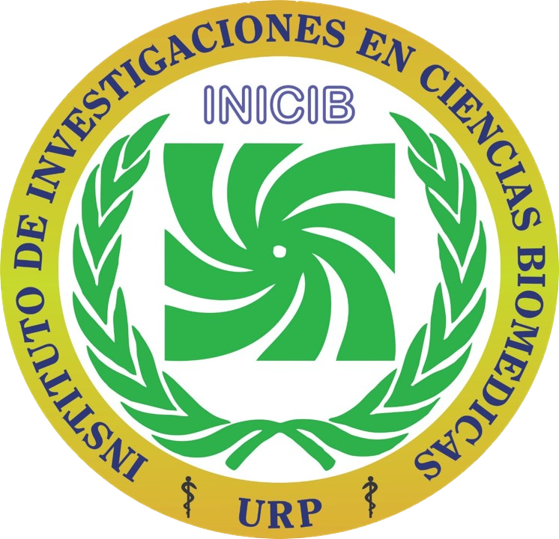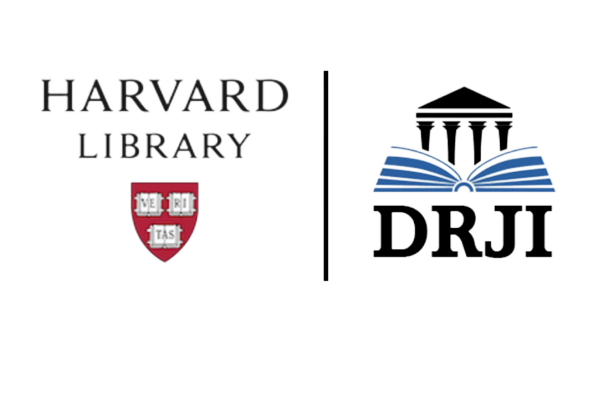The Latin American Lymphoma Study Group (GELL): A Model of Collaborative Research in Latin America
El Grupo de Estudio Latinoamericano de Linfomas (GELL): Un Modelo de Investigación Colaborativa en América Latina | 拉丁美洲淋巴瘤研究组 (GELL):拉丁美洲协作研究的典范
DOI:
https://doi.org/10.25176/RFMH.v24i4.6947Keywords:
LINFOMAAbstract
IntroductionCollaborative health research has proven to be an effective approach to addressing regional and international challenges in the diagnosis, treatment, and management of diseases (1–4). In Latin America, a region characterized by geographic, socioeconomic, and epidemiological diversity, the creation of research networks is essential to unify efforts and generate knowledge applicable locally and internationally (1–4). In this context, the Latin American Lymphoma Study Group (GELL) emerges as a key player in lymphoma research—a family of hematologic cancers with high clinical and molecular heterogeneity.
Origins and Structure of GELLFounded in 2018, GELL is a collaborative research network comprising 14 Latin American countries, supported by prestigious international institutions such as the Dana Farber Institute, MD Anderson Cancer Center, and Tampa General Hospital. The group’s primary objective is to conduct multicenter studies that provide high-quality epidemiological, clinical, and molecular data on various lymphoma subtypes.
GELL's leadership includes Dr. Brady Beltrán (Peru) as president, Dr. María Torres (Venezuela) as vice president, and Dr. Denisse Castro (Peru) as treasurer. This organizational structure enables efficient coordination among member countries, ensuring the planning and execution of clinical and translational studies across the region.
Objectives and Achievements of GELLOne of GELL's main objectives is to determine the epidemiology of different lymphoma subtypes in Latin America, including diffuse large B-cell lymphoma (DLBCL), follicular lymphoma, nasal-type T/NK-cell lymphoma, and Epstein-Barr virus (EBV)-associated lymphoma. The group also aims to develop retrospective and prospective studies on inflammatory biomarkers and novel prognostic scores (5–7). These studies help identify risk factors and clinical parameters that predict treatment response and prognosis in lymphoma patients.
To date, GELL has collected data on more than 6,400 patients in retrospective studies, including:
- 1,500 patients with DLBCL (6,8).
- 1,000 patients with peripheral T-cell lymphoma (PTCL-NOS) (9).
- 800 patients with follicular lymphoma (10).
- 2,000 patients with adult T-cell leukemia/lymphoma (ATLL) (11).
These retrospective studies are crucial for generating hypotheses that guide future prospective studies, contributing to a better understanding of lymphomas in the region.
Scientific Production and Knowledge DisseminationGELL has achieved remarkable scientific output, contributing 37 works that include:
- 6 articles published in high-impact journals.
- 30 posters presented at international conferences such as ASH, EHA, and the World HTLV-1 Congress.
- 4 oral sessions at international scientific events.
Among its most significant scientific achievements is the multicenter validation of the prognostic value of the neutrophil-to-lymphocyte ratio in DLBCL patients (12), published in collaboration with other international institutions. Additionally, GELL has developed consensus on relevant topics such as the management of patients with unspecified peripheral T-cell lymphoma (PTCL-NOS), which is in the process of publication, and the impact of COVID-19 on lymphoma patients (13).
The impact of GELL's scientific production is measured not only in terms of publications and presentations but also in its ability to influence clinical practice at the regional level. The creation of consensuses and participation in clinical trials ensure that GELL's findings are immediately applicable to patient care in Latin America.
Future Projects and GELL's ExpansionGELL is not content with its achievements and continues to expand its horizons towards new research projects. One of the most ambitious projects underway is a molecular study on the genetic profile of DLBCL in Latin America, which will analyze over 400 genes using the Foundation One–Heme platform. This will be the first study of its kind in the region, providing a detailed understanding of the genetic alterations characterizing lymphomas in Latin American patients.
Another significant project involves conducting prospective clinical trials on nasal-type T/NK-cell lymphoma and a meta-analysis on inflammatory biomarkers in lymphomas. These studies not only contribute to advancing scientific knowledge but also allow patients access to innovative treatments through clinical trials, promoting equity in access to advanced therapies.
International CollaborationGELL has established collaborations with research groups from Japan, Brazil, and Italy, enabling it to build one of the largest global databases on T-cell lymphomas and EBV-associated DLBCL. These collaborations reflect the growing relevance of studies conducted in Latin America and position GELL as a global leader in lymphoma research.
ConclusionThe Latin American Lymphoma Study Group (GELL) has demonstrated that scientific collaboration in Latin America can generate valuable knowledge applicable globally. Its efforts to unify data from multiple countries, conduct prospective and retrospective studies, and promote participation in clinical trials have significantly improved the care of lymphoma patients in the region. With ambitious projects on the horizon, such as the molecular analysis of DLBCL and new clinical trials, GELL is well-positioned to continue leading lymphoma research in Latin America and beyond.
Downloads
References
Canario J. Investigación colaborativa durante emergencias de salud. 2017;
Cuervo LG, Bermúdez-Tamayo C, Cuervo LG, Bermúdez-Tamayo C. Desarrollo de la investigación para la salud en Latinoamérica y el Caribe. Colaboración, publicación y aplicación del conocimiento. Gac Sanit. 2018;32(3):206–8. doi:10.1016/j.gaceta.2018.03.001
Pineda MA, Arce-Polania LC, Torregrosa-Almonacid L, Cabrera-Vargas LF, Pérez-Rivera CJ. Grupos de investigación colaborativa: ventajas e impacto en la investigación quirúrgica, un llamado desde ColombianSurg. Rev Colomb Cir. 2021;36(3):391–6.
Valdivia Cabrera G. Oportunidades y estrategias de investigación colaborativa en el área de las enfermedades respiratorias. Rev Chil Enfermedades Respir. 2004;20(2):69–70. doi:10.4067/S0717-73482004000200001
Villela L, Beltran B, Candelaria M, Torres Viera MA, Ramirez A, Idrobo H, et al. Validating the Halp Score (Hemoglobin,Albumin, Lymphocytes, and Platelets) and the Neutrophil/Lymphocyte Ratio ( NLR ) As Prognostic Factors for Overall Survival in Patients with Diffuse Large B-Cell Lymphoma. Retrospective Analysis By the Grupo De Estudio De Latino America De Linfoproliferativos (GELL). Blood. 2023;142:1757–1757. doi:10.1182/blood-2023-188265
Villela L, Beltran B, Candelaria M, Ramirez A, Torres Viera MA, Oliver C, et al. Validating the Systemic Inmmune-Inflamation Index (SII) As a Prognostic Biomarker of Overall Survival in Diffuse Large B-Cell Lymphoma: A Retrospective Analyses By the Gruppo De Estudio Latinoamericano De Linfoproliferativos (GELL). Blood. 2023;142:1775–1775. doi:10.1182/blood-2023-188015
Castro D, Beltran B, Villela L, Torres Viera MA, Otero V, Fiad L, et al. A Multi-Institutional Validation of the Prognostic and Predictive Value of the Neutrophil-to-Lymphocyte Ratio in Patients with Diffuse Large B- Cell Lymphoma: A Study from the Latin American Working Group for Lymphomas (GELL). Vol. 134, Blood. 2019. 4121 p. doi:10.1182/blood-2019-127479
Candelaria M, Villela L, Torres-Viera M-A, Peña C, Roa M, Zambrano D, et al. Real-world experience in older patients with diffuse large B-cell lymphoma treated in Latin America: A study by the Latin American study group of lymphoproliferative disorders (GELL). J Geriatr Oncol. 2023;14(7):101565. doi:10.1016/j.jgo.2023.101565
Fischer T, Idrobo H, Pavlovsky A, Castro D, Beltran B, Enriquez DJ, et al. Epidemiology, Clinical Features and Outcomes of Peripheral T-Cell Lymphoma in Latin America. Blood. 2023;142:186. doi:10.1182/blood-2023-187254
Torres Viera MA, Beltran BE, Villela LV, Castro DA, Otero V, Fiad L, et al. Follicular Lymphoma in Latin America: Real-World Experience from 763 Patients. Blood. 2020;136:12–3. doi:10.1182/blood-2020-141943
Malpica L, Enriquez DJ, Castro DA, Peña C, Idrobo H, Fiad L, et al. Real-World Data on Adult T-Cell Leukemia/Lymphoma in Latin America: A Study From the Grupo de Estudio Latinoamericano de Linfoproliferativos. JCO Glob Oncol. 2021;7:1151–66. doi:10.1200/GO.21.00084
Beltrán BE, Villela L, Torres MA, Otero V, Fiad L, Peña C, et al. A Multi-Institutional Validation of the Prognostic Value of the Neutrophil-to-Lymphocyte Ratio in Patients With Diffuse Large B-Cell Lymphoma: A Study From The Latin American Group of Lymphoproliferative Disorders (GELL). Clin Lymphoma Myeloma Leuk. 2020;20(10):637–46. doi:10.1016/j.clml.2020.04.016
Resumen de Grupo de Estudio Latinoamericano de Linfoproliferativos (GELL) para el manejo del linfoma en estado de pandemia SARS CoV-2 / COVID 19 - Dialnet [Internet]. [citado el 2 de noviembre de 2024]. Disponible en: https://dialnet.unirioja.es/servlet/articulo?codigo=9365965&info=resumen

Downloads
Published
How to Cite
Issue
Section
License
Copyright (c) 2024 Revista de la Facultad de Medicina Humana

This work is licensed under a Creative Commons Attribution 4.0 International License.


